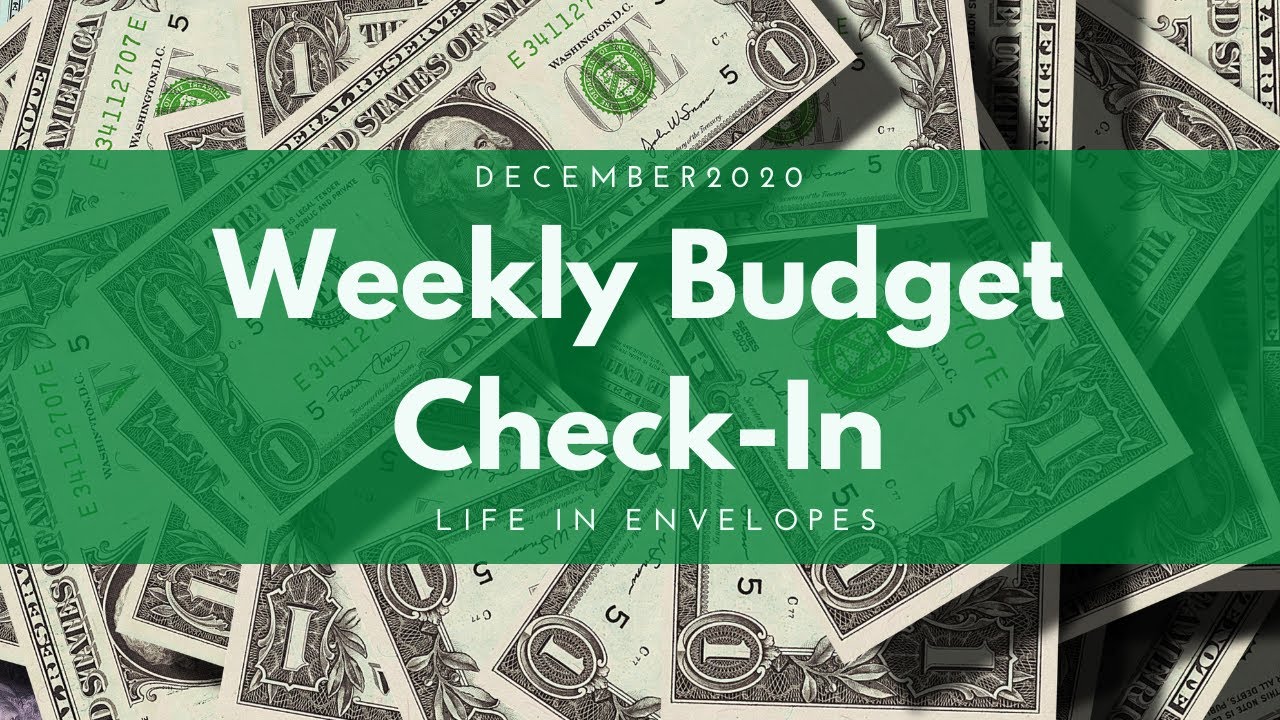Managing a weekly spending plan is not easy at all, but with the right strategy, it will become easy for one to balance. One of the biggest advantages of using a budget plan is the ability to stretch the money into several periods where you continue with adjustments as you allocate the money. Following are the six effective ways to avoid overspending during the week and achieve your budgetary goals.
1. Set Clear Financial Goals
It is important to set some goals for every budget, no matter how small it is. For the purpose of saving money for an emergency fund, personal loan, or any other financial goal or dream in life, having a goal in place works as a reminder. Subdivide and localize the goals to weekly goals, thus making it easy to accomplish them. It will also enable you to notice progress more often, as this will keep you encouraged to continue whatever commitment you have made. Having measurable goals helps you have a purpose as to why you are following your budget, hence making the processes less arbitrary.
2. Track Every Expense
The most effective technique to follow a weekly budget is to record all the expenditures made during the particular week. By keeping a detailed record of your spending, you ensure nothing gets overlooked. You may use an application, a spreadsheet, or just a piece of paper and pencil, depending on your preference. If you record and keep track of every expense, you can identify a particular expenditure sector you are spending more than is required. Tracking also enables you to give a genuine analysis of how your budget was incurred week by week so that you can make corrections where necessary and improve your financial habits over time.
3. Avoid Impulse Purchases
Hasty decisions to buy something you see and like are the primary reasons why a weekly spending budget is hard to stick with. It is advisable not to get carried away by sales or the lure of other offers because they can lead to a nasty blow to your financial goals. To avoid this, try to shop only for the things on a list and do not shop for anything that is not on that list. If you experience the impulse to spend some money, stop yourself before making an impulse buy and think twice. You should do all that it takes to build a wall between you and this decision so that your pocket remains well-guarded.
4. Use Cash for Discretionary Spending
The idea here is to try and eliminate discretionary cash spending since it can help you control your budget. When you decide that you will be able to set a specified amount of cash for entertainment, dining, or hobbies, among other expenses, you are forbidding yourself to spend more than what you have stipulated. This physical restraint helps avoid blowing a budget because the available cash has to be the money spent in a week. When you have exhausted all your cash for the particular category, you will be in a position to know that there is no way you can spend the money in that category. It makes you a wiser spender and helps you control your expenditure much better.
5. Review Your Budget Weekly
An element of viability with a weekly spending budget is the constant check on it. Spend some time each Sunday to review the week that is done to realize how rigorously you stick to the budget. Hence, it is crucial always to conduct a check on the financial plan at least once in a while to determine if the problems have developed to complicated stages. For instance, if you find out that you have overspent in one area, you can adjust the amount in other areas. Budget reviews help make your budget remain more fluid and practical, thus helping you in your budgeting.
6. Stay Committed to Your Goals
The best thing one has to remember about a weekly spending plan is the aspect of sticking to it. Just like any other managerial tool, budgeting demands discipline more of which yields great results at the later stern. This is a good way to ensure that you do not lose focus on what you had declared from the initial moments of the creation of the budget. Hence, whether the aim is to set up for a big expense, pay off an expense, or be financially independent, it’s a good idea to keep oneself motivated. This aspect of surviving financially instability will make you start seeing positive results in the long run.
Conclusion
Sticking to a weekly spending budget may appear extremely difficult at the beginning; however, the goals set, regular tracking, and conscious spending make it completely manageable. This will help you develop discipline and, more importantly, get to review your financial position often enough, thus improving your financial position.










